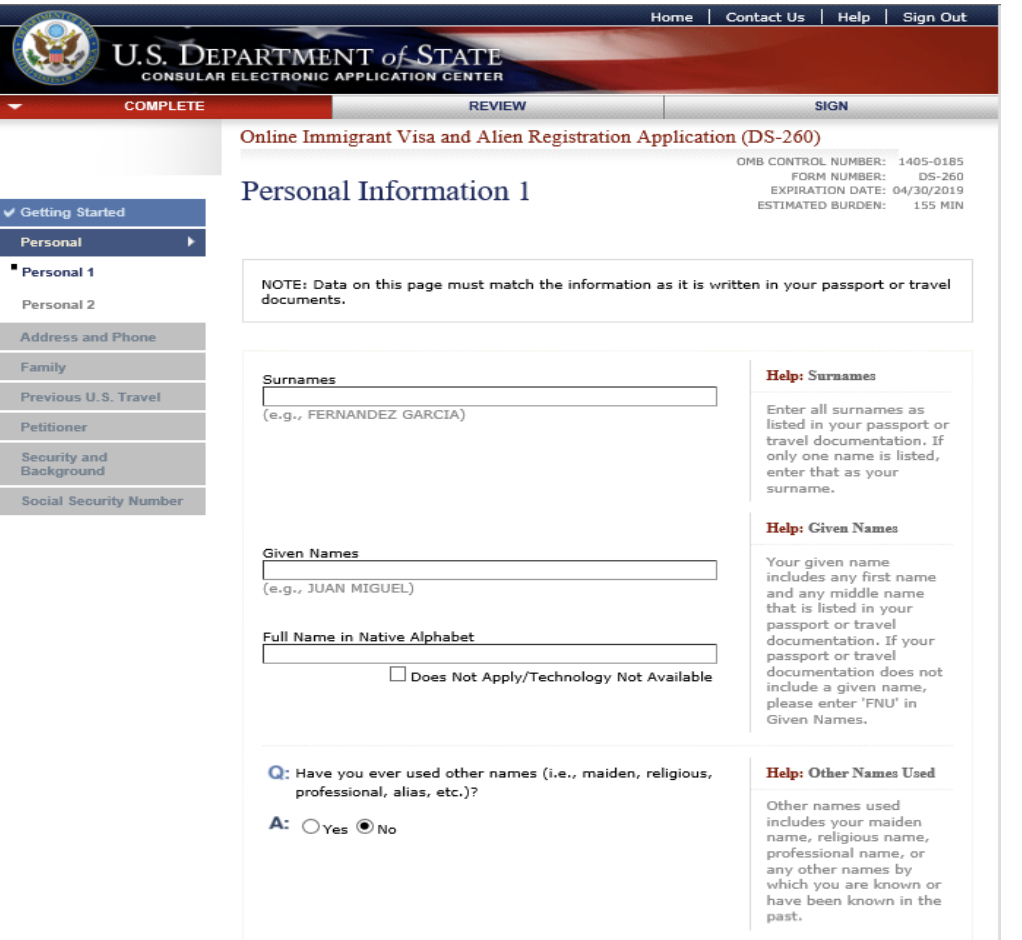State Department Takes (a Tiny) Action against Flights of Would-Be Illegals from Haiti to Nicaragua
The State Department solemnly announced last week that:
“The . . . Department today launched a new visa restriction policy targeting individuals running charter flights into Nicaragua designed primarily for irregular migrants.”
To mix metaphors, it was like a tiny tap on the wrist of the burly horse thief after he had returned the once-stolen horse to the barn.
The Department’s punishment of the airborne smugglers was barring them from getting visas to come to the U.S. The irony was that the usually powerless government of Haiti had beaten State to the punch days earlier, banning the same flights from leaving the Port-au-Prince Airport.
Although it is not at all clear that this tiny penalty would change the smugglers’ operations, it was better that they be denied visas than to ignore the flights.
There is a huge question of proportionality here. The smugglers grossed something like $93 million on these flights, according to the Haitian government; that is 31,000 illegals at $3,000 each. Compare that sum with the denials of one or more visas to the airline’s employees or owners! The penalty could not possibly stop the smuggling.
Could the U.S. government have taken some more assertive actions in the case of the Haitian government’s toleration of the flights? Of course. In the old days we would have sent in the Marines or used the Navy to blockade the harbor; currently we could reduce or delay AID payments, but we lean over backwards not to look like an imperial power.
If our government is reduced to the denial of visas to punish such flights, it can use the visa-denial mechanism in a different way; in addition to using the denial on people associated with the charters, it could deny them, for instance, to the children of cabinet ministers who may be studying in the U.S. In this case the denial would not only deal with existing visas, but prospective ones as well. I have seen reports of this pattern when dealing with another immigration problem, the refusal of a a nation to accept deportees from the U.S., known as “recalcitrant countries”. Then there is the question of timing in this case: why deny visas, when the Haitian government had already solved the problem? One possibility was that the flights persisted despite the hapless government’s ban of them.
Potential illegal immigrants to the U.S. traveling through Haiti on the way to the U.S. is an old story. More than a decade ago years ago we reported on 33 Chinese who arrived in Belize on a plane flight that started in Haiti and landed after the Belize airport was closed for the night; they swiftly left the airport and (apparently) crossed the border into Mexico. A bunch of Belizean immigration inspectors were then fired.
My suspicion is that there must be flights of would-be illegal migrants from other nations to the Central American countries.
While the State Department’s gesture in this case is of limited value, perhaps we should be encouraged by its interest in taking action against these smugglers. Maybe it is a precedent for more, and more vigorous, action in the future.
Let’s hope so.






